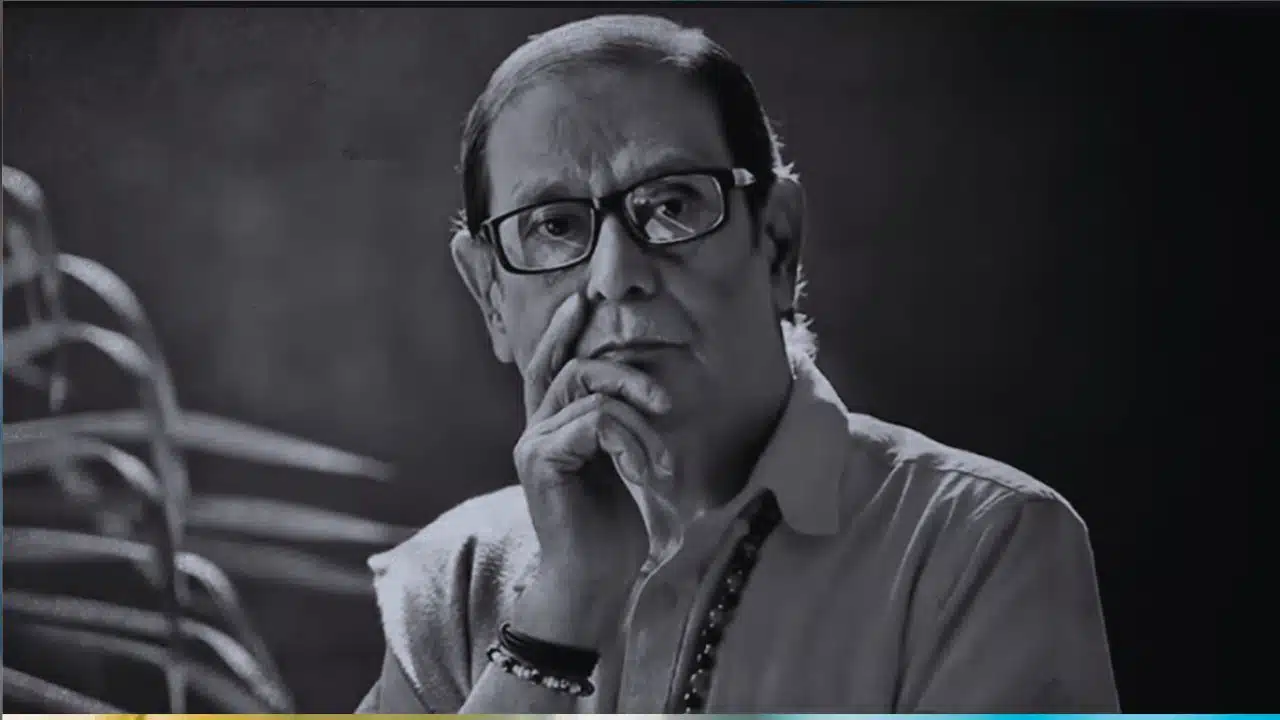Helal Hafiz, the revered poet whose words captured the essence of rebellion, love, and freedom, has passed away at the age of 76. He was declared dead on Friday afternoon at Bangabandhu Sheikh Mujib Medical University (BSMMU) in Dhaka.
According to BSMMU authorities, Hafiz sustained a critical injury after a fall in the bathroom at Super Home, a residential complex in Shahbagh, Dhaka, around 2:30 PM. Despite being rushed to BSMMU for emergency care, he could not be saved.
A Life of Struggle and Literary Triumph
Helal Hafiz had been battling a host of health issues for several years, including glaucoma, kidney complications, diabetes, and neurological disorders. Yet, his passion for literature and his poetic contributions remained undiminished.
Born on October 7, 1948, in Netrokona, Hafiz’s journey into the world of poetry began early. He gained widespread acclaim with his debut poetry collection, Je Jale Agun Jwole (The Water That Burns), published in 1986. The collection became a literary sensation, going through over 33 editions, reflecting its timeless relevance.
Voice of Rebellion
Hafiz’s poetry became a beacon of hope and resistance during Bangladesh’s anti-authoritarian movements. His most iconic lines, “Ekhon Joubon Jar, Michhile Jabar Tar Shreshtho Shomoy” (“Those who are young, now is the best time to join the procession”), from the poem Nishiddho Sampadokiyo (Forbidden Editorial), became a rallying cry for political protests and movements.
A Multitalented Luminary
In addition to his remarkable contributions to poetry, Helal Hafiz worked as a journalist, lending his talents to prominent newspapers, including Jugantor. His writing and journalistic endeavors further cemented his legacy as a champion of truth and expression.
Awards and Recognition
Helal Hafiz’s contributions to Bangla literature earned him widespread recognition. He was honored with the Bangla Academy Award in 2013, one of the most prestigious accolades in Bangladesh’s literary sphere. He also received the Khalekdad Chowdhury Award, among other distinctions, for his enduring impact on literature and culture.
Legacy of an Icon
Hafiz’s work, characterized by its deep emotional resonance and call for justice, will continue to inspire generations. His words, steeped in love and rebellion, have left an indelible mark on Bangla literature.
As the nation mourns the loss of a literary icon, Helal Hafiz’s legacy remains alive in the hearts of readers and poets, ensuring that his contributions will be cherished for generations to come.





































